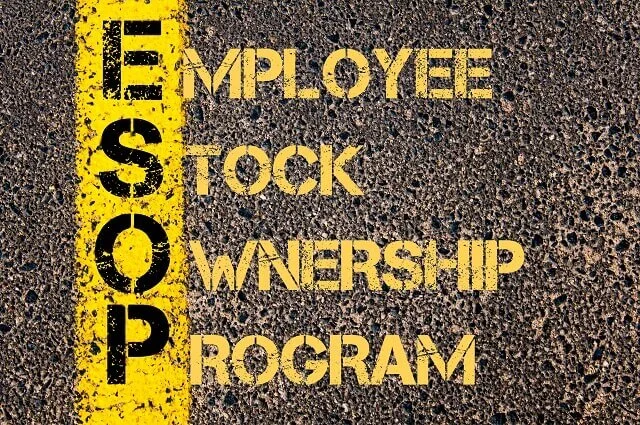Just as there are different tools for different tasks – one cannot use a screwdriver effectively to pound a nail – there are also different financial tools to assist an entrepreneur as he or she works to fulfill a creative business dream. Business experts allow, however, that the principals in all too many business startups fail to account for important differences – and choices – in financing their enterprises. Choosing an inappropriate financial tool can lead to headaches and needless expense. The entrepreneur should be particularly aware of the differences between short and long-term borrowing needs.
Addressing the Entrepreneur’s Short-Term Needs
Working Capital Loans
Most short-term borrowing needs relate to the need for adequate working capital – having sufficient funds on hand to operate the immediate and short-term needs of the business. Properly crafted, a working capital loan can help an enterprise deal with the fact that day-to-day expenses must be covered, yet often there is a lag in the company’s revenue related to those expenses.
A working capital loan usually has a number of common characteristics, including the following:
• It is a short-term (one year or less) line of credit from a bank or other lender
• It most usually comes with a variable rate of interest that is tied to some specific, identifiable, short-term interest rate
• It is usually set up as a “draw” against a maximum amount of principal
• The borrower generally pays interest only at the specified (variable) rate, often with a provision that the outstanding balance be zero for at least 30 days during the period of the short-term loan
Advantages of Working Capital Loans
Working capital loans have some advantages over other, longer-term borrowing, including:
• Funds are available quickly
• The entrepreneur maintains control over the day-to-day operations (this may not be the case, for example, if working capital is obtained through the sale of capital stock)
• Depending upon the amount of the loan and the credit-worthiness of the entrepreneur, the funds may be made available on an unsecured basis
Addressing the Entrepreneur’s Long-Term Needs
Where the entrepreneur must purchase real estate, machinery, and other durable goods in order to operate the business, a short-term, working capital loan may be insufficient. In those circumstances, there is a need for long-term borrowing. Long-term borrowing usually has a number of common characteristics, including the following:
• The term of the loan is generally for much longer than a year
• The loan is often offered at a fixed rate of interest (often somewhat higher than the rate of interest charged for short-term borrowing)
• The borrower pays both principal and interest in equal installments over time
• The payout may be based on a long-term amortization schedule
• Alternatively, the equal monthly payments may extend for some time, with a “balloon” payment due to pay the loan off fully.
• Most often, these loans are fully secured. In the case of real property, the loan is secured by a mortgage or deed of trust. In the case of equipment and machinery, the lender generally holds a security interest in the property.
Advantages of Working Capital Loans
Long-term borrowing may offer some advantages over working capital loans, including:
• They may be made in very large amounts
• As with short-term borrowing, long-term borrowing allows the entrepreneur generally to maintain control of the business; there is no dilution in ownership that would result from the sale of capital stock
• Access to even large sums can be accomplished in a relatively short period of time
• Depending upon the circumstances, the long-term borrowing allows for the preservation of working capital that can be used for short-term matters
Should You Review Your Borrowing Needs with an ExperienceD Attorney?
Every entrepreneur’s financial needs are different. Cookie-cutter approaches can be expensive and inefficient. Many entrepreneurs find that it helps to discuss business concerns with an experienced, capable attorney. Banking loan officers can be tied to particular products or terms. Having the counsel of an attorney who can offer dispassionate advice can help you craft a plan for the future. For years now, CKB VIENNA LLP has represented all sorts of businesses in all sorts of business issues. From startups to established businesses, we understand the issues and we stand ready to represent you skillfully. We have offices in Rancho Cucamonga, San Bernardino, and Los Angeles. Contact us by telephone – 909.980.1040 – or complete our online form.





















